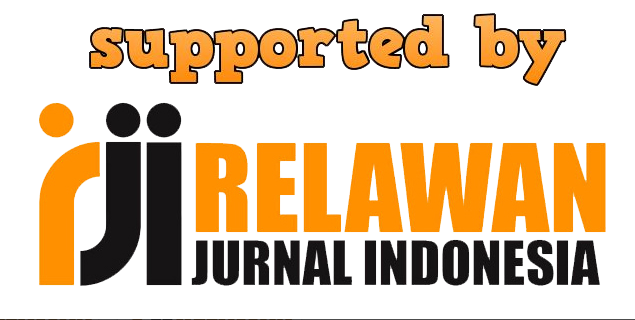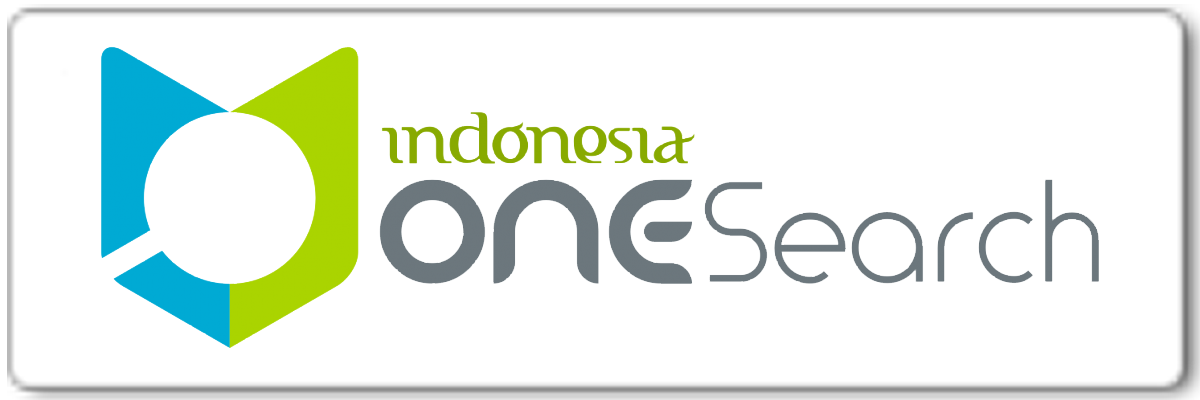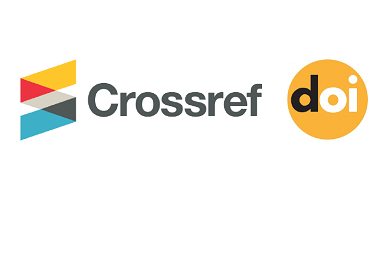PENGARUH MODEL PEMBELAJARAN PROBLEM BASED LEARNING (PBL) TERHADAP HASIL BELAJAR BIOLOGI KONSEP VIRUS PADA PESERTA DIDIK KELAS X MIA DI SMA 1 MAROS
Abstract
Pengaruh Model Pembelajaran Problem Based Learning (PBL) Terhadap Hasil Belajar Biologi Konsep Virus Pada Peserta Didik Kelas X MIA Di SMA 1 Maros. Skripsi. Jenis penelitian ini adalah Quasy Eksperimen, penelitian ini bertujuan untuk mengetahui pengaruh model pembelajaran Problem Based Learning (PBL) terhadap hasil belajar biologi konsep virus pada peserta didik kelas X MIA SMA 1 Maros. Populasi penelitian ini adalah seluruh peserta didik kelas X MIA SMA 1 Maros, berjumlah 50 orang dengan sampel Non probability sampling atau sampel jenuh yaitu seluruh populasi dimana kelas X MIA 1 sebagai kelas eksperimen dan kelas X MIA 2 sebagai kelas kontrol, dengan desain penelitian nonequivalent control group design yang menggunakan kelas eksperimen dan kelas kontrol. Penelitian ini dilakukan pada kelas eksperimen dengan memberikan perlakuan model pembelajaran Problem Based Learning (PBL) dan kelas kontrol dengan model pembelajaran konvensional. Instrumen yang digunakan adalah test hasil belajar peserta didik yang berupa pre-test dan post-test. Hasil penelitian menunjukkan bahwa hasil belajar peserta didik melalui penerapan model Problem Based Learning (PBL) konsep virus peserta didik kelas X MIA diperoleh nilai rata-rata 81,08 dengan kategori baik dan lebih tinggi dibandingkan kelas kontrol, sedangkan pada kelas kontrol diperoleh nilai rata-rata 78,16 dengan kategori cukup. Berdasarkan hasil uji hipotesis menggunakan Independent T-test, diperoleh nilai signifikan nilai hasil belajar yaitu 0,000 dimana lebih kecil dari taraf signifikan 0,05 sehingga tolak H0 dan terima H1. Dari hasil penelitian tersebut dapat disimpulkan bahwa ada pengaruh model pembelajaran Problem Based Learning (PBL)(PBL)terhadap hasil belajar biologi konsep virus pada peserta didik kelas X MIA di SMA 1 Maros.
Downloads
- Authors retain copyright and grant the journal right of first publication with the work simultaneously licensed under a Creative Commons Attribution License that allows others to share the work with an acknowledgement of the work's authorship and initial publication in this journal.
- Authors are able to enter into separate, additional contractual arrangements for the non-exclusive distribution of the journal's published version of the work (e.g., post it to an institutional repository or publish it in a book), with an acknowledgement of its initial publication in this journal.
- Authors are permitted and encouraged to post their work online (e.g., in institutional repositories or on their website) prior to and during the submission process, as it can lead to productive exchanges, as well as earlier and greater citation of published work (See The Effect of Open Access).












.png)






